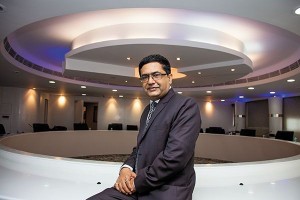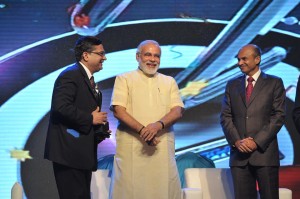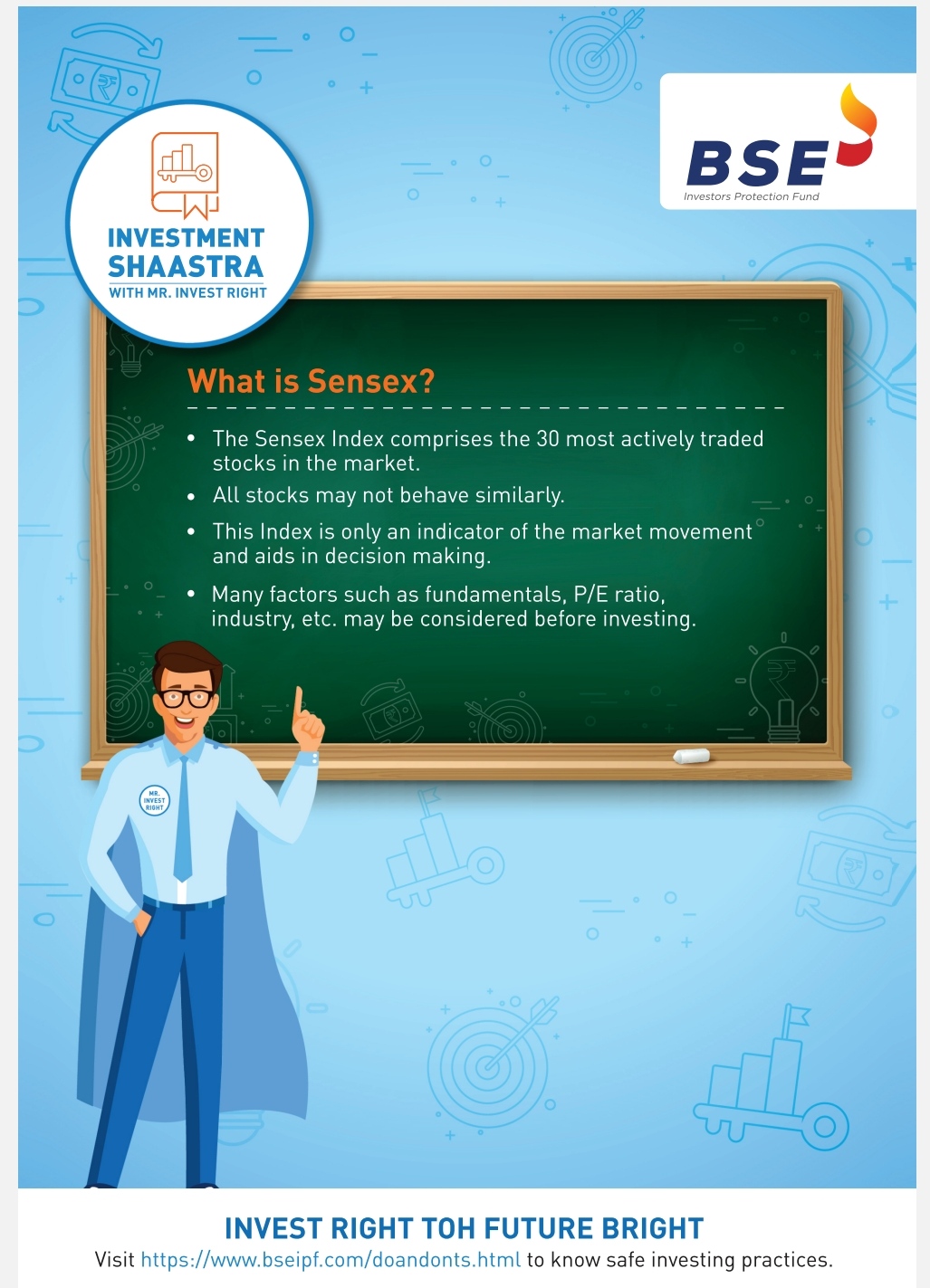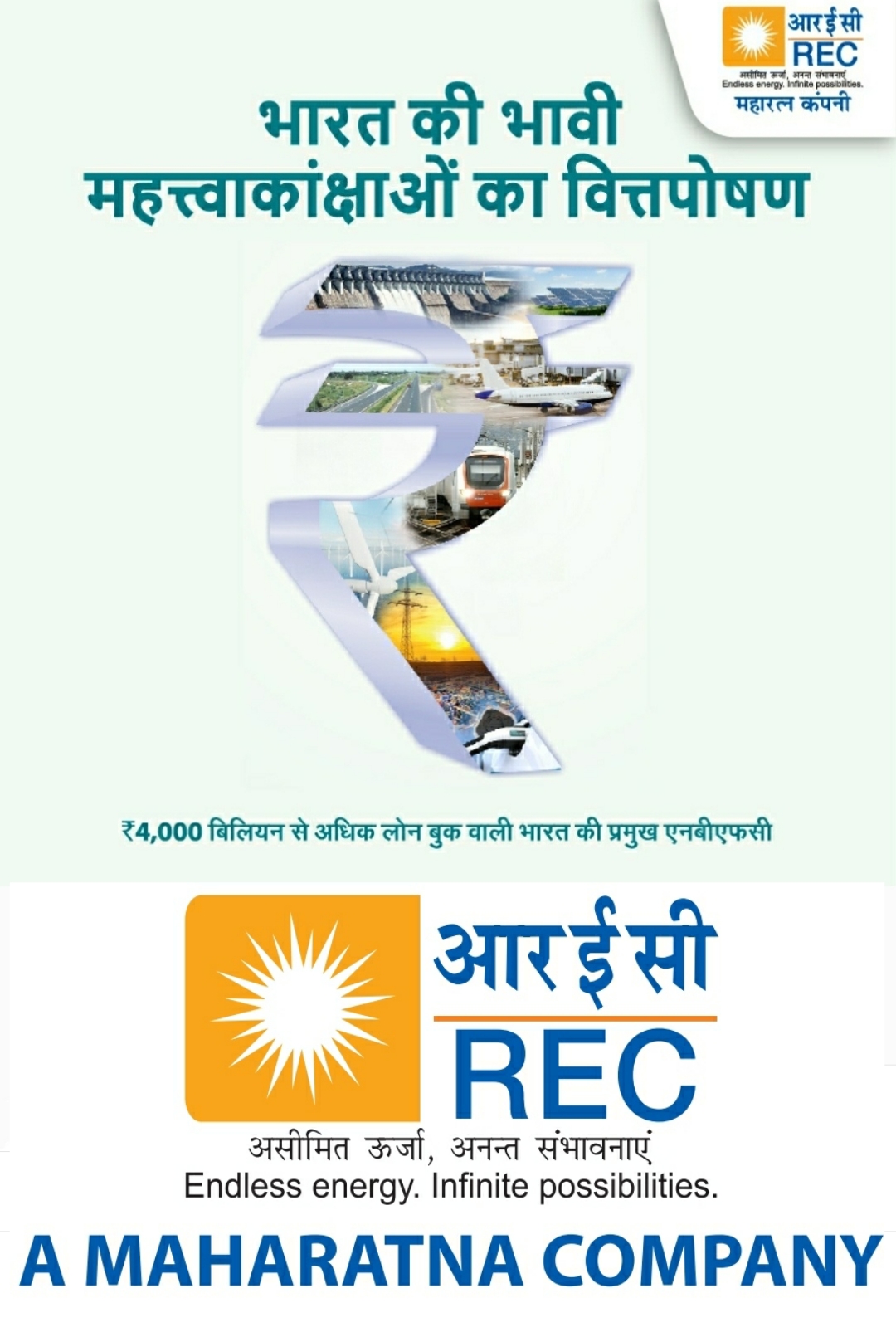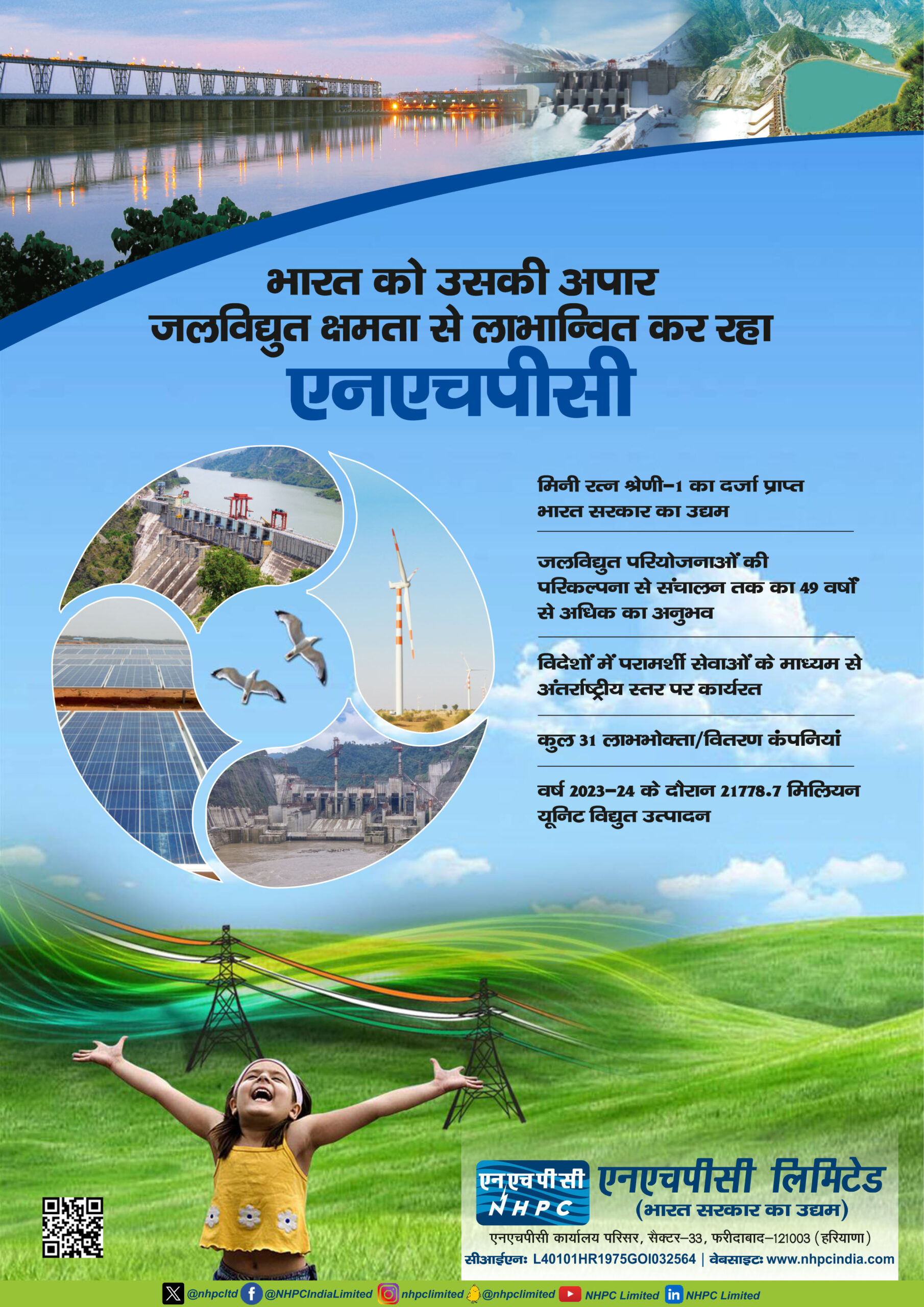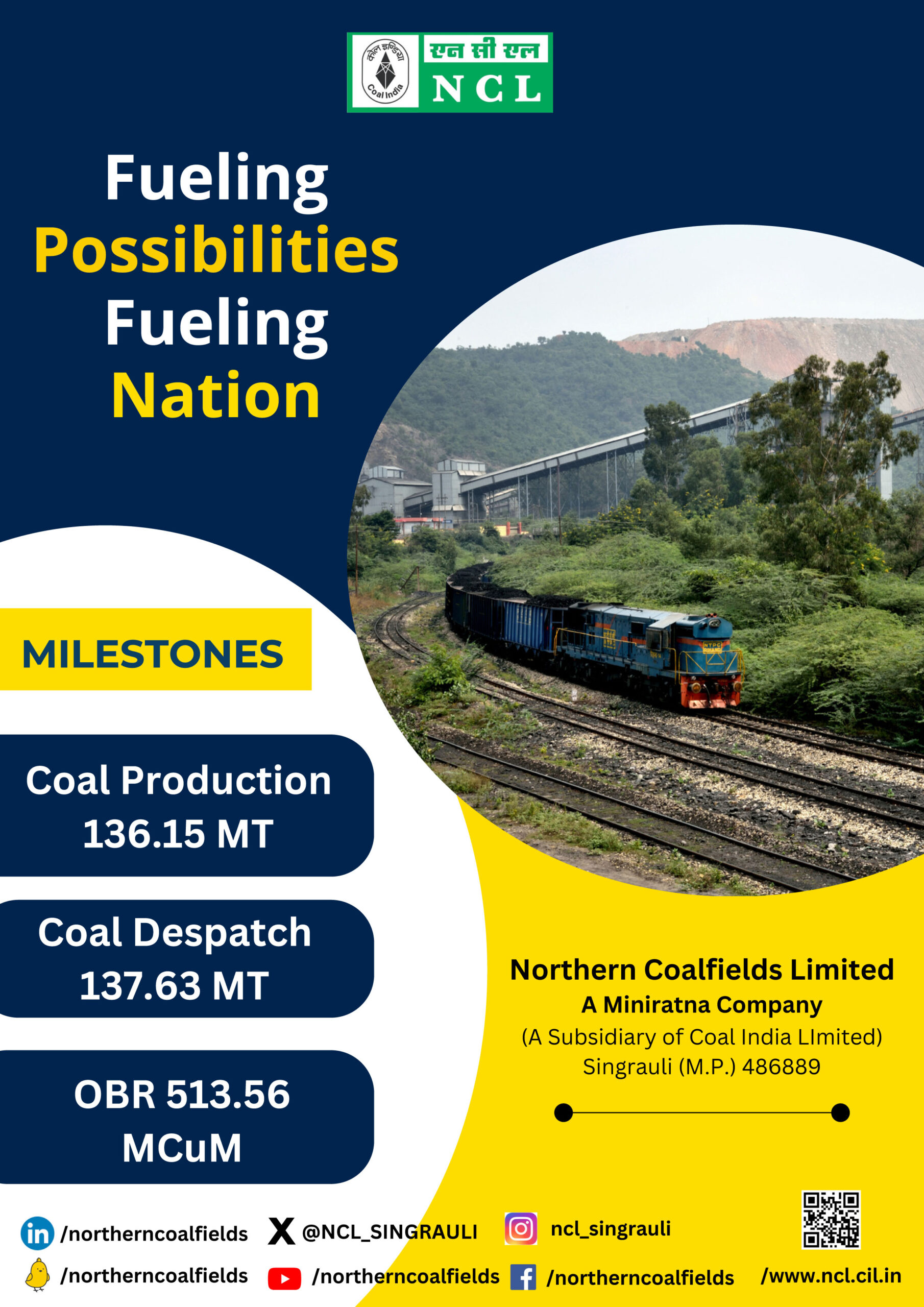BSE, Committed to improve investment climate, Ashish Chauhan
Sep 14th, 2015 8:02 am | By ThenewsmanofIndia.com | Category: LATEST NEWS(An interview Of Ashishkumar Chauhan, Managing Director and CEO -Bombay Stock Exchage)
BSE Ltd, the 140 year old stock exchange that introduced equity culture in to India has come a long way from a group of brokers trading under a banyan tree to its office in the P.J Towers that is the most well-known symbol of Indian stock markets. Over the years, the exchange has transformed itself in to a professionally run exchange, on par with the best, in the technology used.
Ashishkumar Chauhan, the Managing Director and Chief Executive Officer of the BSE in a chat with thenewsmanofindia.com, outlines his plans for the exchange and discusses on the recent developments in equity markets.
What is the road ahead for Bombay Stock Exchange like?
Any exchange has to figure out its role in the context of the society it operates in. The main issues before India today are improving manufacturing, creating jobs, improving defence and so on. The exchange, in that context, has to figure out, as a public utility, what role it wants to play. Whether it wants to do relentless incessant trading which benefited only to few or help channelise the savings of the economy in to industry and manufacturing.
Over the last 15 years exchanges have become more dependent on transaction volumes since they charge transaction charges and that has made them dependent on new derivative products. Internationally equity volumes have fallen 70 to 80 per cent since the financial crisis. Derivative volume fell but they have recovered and increased over last few years. Even in India most exchanges have transaction volumes as their main source of revenue. BSE has taken a call to work more on improving investment climate and instrument for investment vis- a vis trading and speculation.
We have 95 per cent market share listing in SME stocks. People ask me, “how is the volume on this platform?” There cannot be much volume on this platform as each company has only 100 to 200 investors. It is an investment product. Almost 95 to 98 per cent of offers for sale have been done through the BSE. In mutual fund platform too we have 97 per cent share. Our recent success in currency derivative is a case in point that BSE can compete in trading product also and successfully at that.
Do you think the SEBI – FMC merger is a game changer?
BSE had already announced the plan to set up a commodity exchange last year prior to their announcement. In the mean time we have set up two companies, for commodity exchange and clearing corporation. Now this merger of FMC & SEBI has been announced. We are awaiting clarity on regulatory frame-work, whether it will be a new platform on existing exchanges or new exchanges need to be set up.
We see this as part of the implementation of the FSLRC recommendations; that has a much broader perspective. It is certainly a game changer. Practises in the commodity segment will become stream-lined and rationalised. Many market participants operate on both segments, many intermediaries use the same technology platforms for commodities and equity. There are therefore many advantages to the industry through this merger and also to investors. Minimum criteria for becoming a member, capital adequacy etc will be rationalized. It will become easier to understand the trading, clearing and settlement mechanism in the commodity segment after this merger. All these will have ramification for the long-run, for the better.
How will the new international financial centre being planned in the GIFT city work? You are going to set up a subsidiary there?
We are setting up a new exchange. The model is being worked out. We are still waiting for regulations relating to the Companies Act, taxation etc to be issued. Once the guidelines are out, BSE along with its partner, Deutsche Borse, will set up a new exchange and clearing corporation in the GIFT City. It will be a separate jurisdiction with separate taxation, legal frame-work and so on.
We have to start with capital of Rs 25 crore in the exchange and take it to Rs 100 crore over three years. Similarly for clearing corporation we have to take the networth to Rs 300 crore over three years. These are the guidelines laid down by SEBI.
It is an interesting opportunity for those who trade in Indian products in Singapore, Dubai , Europe and US. Many of them might want to trade on this offshore platform that offers greater flexibility. We may be able to bring back some volume and business. But the main purpose is to gather investment for Indian companies. Indian companies can raise equity as well as debt from this IFC.
How has the retail participation been of late?
It has improved a little. But it is a long way from where it should be. In 20 years of automation we have not really added any new investors although we have improved considerably on the transparency in trading, clearing and settlement. In some sense not having added new investors has been our failure.
We have not been able to reach out to the masses. We have to learn from the Jan Dhan experience. The perception that market is risky is the main draw-back. If you see over the last 140 years, we have offered only risky products – equity. In the last 15 years we have given riskier products – derivatives. We have not given risk-free products.
India saves about 30 per cent of its GDP but only 10 per cent comes to financial instruments. If we provide risk-free products to masses, they may not get enticed to get in to informal investment and finance channels. The government can do IPOs of government bonds on exchanges through offers for sale or other mechanisms where the cost of raising funds are extremely low. If we are able to offer risk-free instruments like government bonds to masses, we might take the market penetration from 2 to 25 per cent in the future.
Government can also raise funds much more easily through markets than they can from banks.
SEBI has announced a new platform for start-up companies. Do you think it will work?
It will be an investment driven product because here too the lot size is going to be large. This is a constant dilemma that regulators and exchanges face – meeting the needs of an enterprise while protecting investors. Many of the small companies that raise money invariably do not succeed in the long run and get labelled as vanishing companies, as it happened in early nineties.
Post-1995, BSE and other exchanges decided not to have small companies approach the market and the listing criteria were tightened. But later the government realized that small companies also have legitimate needs to raise funds for their growth. So the SME platform was introduced. To protect small investors, the lot size was fixed at Rs 1 lakh so that very small investors do not buy the stocks and those who do have the wherewithal to understand the risk they are taking. Since this model was prepared it has been successful, with more that 100 companies listed on the SME platform, about 95 on the BSE itself.
The platform for start-ups is another step being taken in the same direction to allow a particular kind of company to approach the market but in such a way that their potential failure does not hurt investors. These are ways to help the company first go public and then help them migrate to the main platform. In that context the platform for high tech companies is a welcome step.
What are your thoughts on the call auction in illiquid stocks?
That has been almost removed. Earlier there were almost 2,200 stocks now only few stocks remain. This is mainly due to change in regulation. No liquidity has come in. In the same breath you should be asking the question whether there ought to be call auction on closing prices in liquid securities.
For me it is an interesting conundrum. All the mutual funds value their NAV at the closing price. The derivatives are also valued at closing price. There have been several issues reported there. To arrive at the right closing price, closing call auction on closing prices can be used.
Government News
- POWERGRID posts (PAT) of ₹ 3,724 crs, Total Income ₹ 11,280 crs for Q1FY25. 07/26/2024
- NFMS Control Centre inaugurated on REC’s 55th Foundation Day 07/26/2024
- LAUNCH OF SIMS2.0 PORTAL BY HSM & HI HD KUMARASWAMY 07/25/2024
- REC joins the ‘Ek Ped Maa Ke Naam’ Campaign 07/25/2024
- SK Singh takes over as Director (Projects), NHPC 07/25/2024



